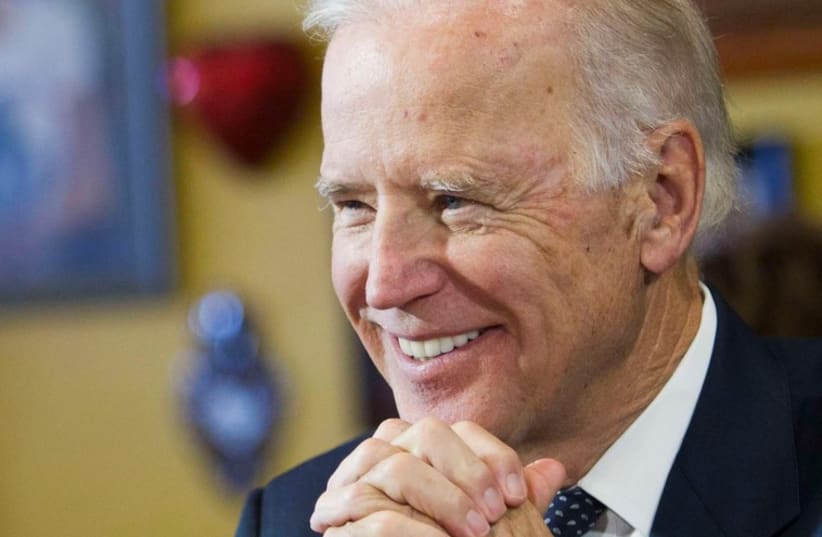Biden says Jerusalem tempers risk Israeli-Arab alignment
US vice president speaks at Jewish Federations General Assembly, says of US-Israel ties: "We disagree with one another, we love one another and we drive one another crazy. That's what friends do."
